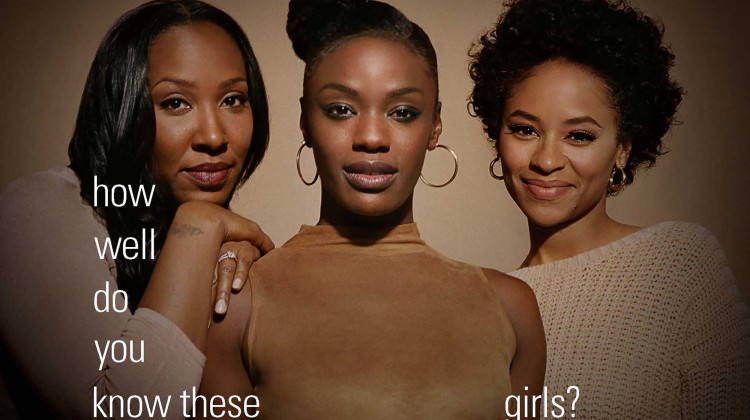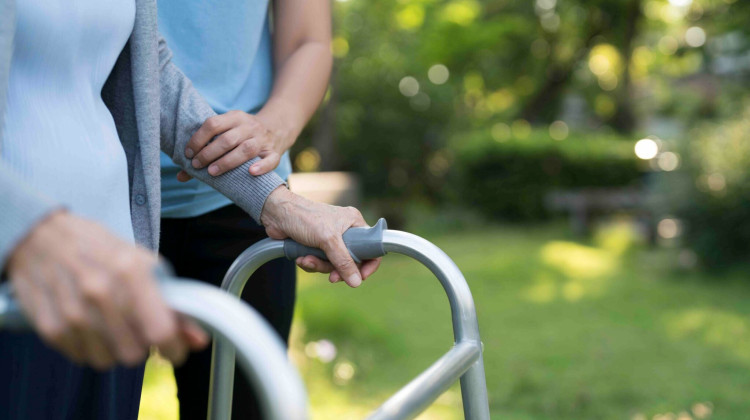Black women in Indiana are 35 percent more likely to die from breast cancer than the white women. A new national education campaign aims to bring that number down.
Risk factors for the disparity in rates include lifestyle choices, genetics and healthcare access. The new Know Your Girls.org gives black women more information about breast health.
Cancer surgeon and breast cancer survivor Dr. Lori Wilson says it can help people know when they need to get care.
"It gives you the tools," says Wilson. "It gives you a call to action so when there is something that’s wrong you really need to turn that into a positive step and reach out to your health care provider."
Two-time breast cancer survivor and Indiana native Nikkia Hammond says early detection was key for her. She was 16 when she was diagnosed.
"I was the one who first saw abnormalities in my breast," says Hammonds. "I brought it to the attention of my mother and we immediately went to the doctor."
The push is led by the Susan G. Komen organization and the Ad Council.
Hammonds says awareness is part of the answer in effort to close the gap.
"There’s a formula that goes into educating your decisions of how to treat the breast cancer but the good news is black women are surviving breast cancer," says Hammonds.
They say more people will survive if more learn to advocate for their breast health. In Indiana, the breast cancer mortality rate for black women is 31.6 percent compared to a rate of 23.4 percent for white women.
 DONATE
DONATE








 Support WFYI. We can't do it without you.
Support WFYI. We can't do it without you.